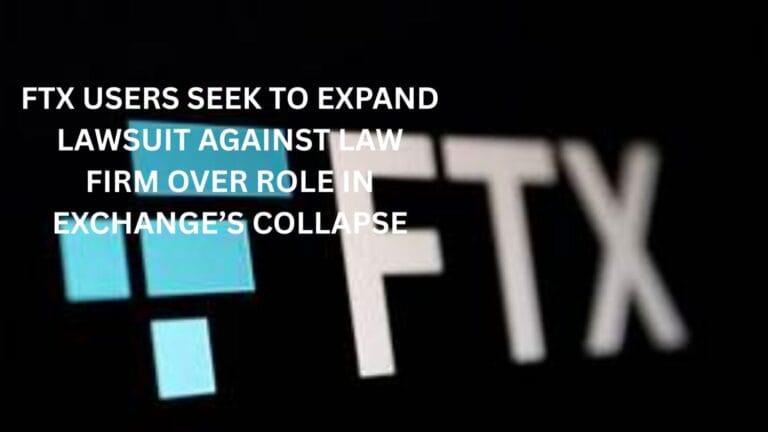Key takeaways:
- CFTC Charges Florida, Louisiana, and Arkansas Residents for Crypto Fraud
- Defendants Allegedly Lured 14,000 Individuals with Fabricated Weekly Returns
In a recent development that has sent shockwaves through the financial industry, the Commodity Futures Trading Commission (CFTC) has charged FundsZ with allegations of fraudulent cryptocurrency activities and deceptive solicitation related to precious metals.
A group consisting of Rene Larralde from Melbourne, Florida; Juan Pablo Valcarce from West Melbourne, Florida; Brian Early from New Orleans, Louisiana; and Alisha Ann Kingrey from Franklin, Arkansas, has come under scrutiny for their involvement in misleading investment solicitations.
These individuals, along with their unincorporated entity Fundsz, are facing allegations of enticing investors with promises of implausible returns, all supposedly generated by a “proprietary algorithm.“
The U.S. District Court for the Middle District of Florida has seen a complaint filed by the Commodity Futures Trading Commission (CFTC), which outlines the accusations against the defendants. According to the complaint, the defendants managed to attract customers by assuring them of consistent 3% weekly profits achieved through trading in cryptocurrencies and precious metals.
CFTC brought forward allegations that Fundsz falsely claimed that a one-time payment of $2,500 to their entity could balloon into $1 million within just four years.
According to the CFTC, Fundsz, in reality, did not engage in any trading with the funds provided by customers. Instead, they allegedly concocted fictional weekly returns and reported them to their clients.
Shockingly, the regulatory body states that the defendants managed to attract a staggering number of more than 14,000 individuals using these fabricated weekly returns. The core reality, however, appears to be that Fundsz never actually utilized customer funds for trading. Instead, the entire enterprise seems to have been founded on artificially generated profits and misleading statements.
To address these concerns, Judge Wendy Berger of the U.S. District Court took decisive action by issuing a unilateral statutory restraining order. This order has effectively frozen the defendants’ assets and appointed a temporary receiver to oversee the situation. Looking ahead, a preliminary injunction hearing is scheduled for August 23, further underscoring the significance of this case.










